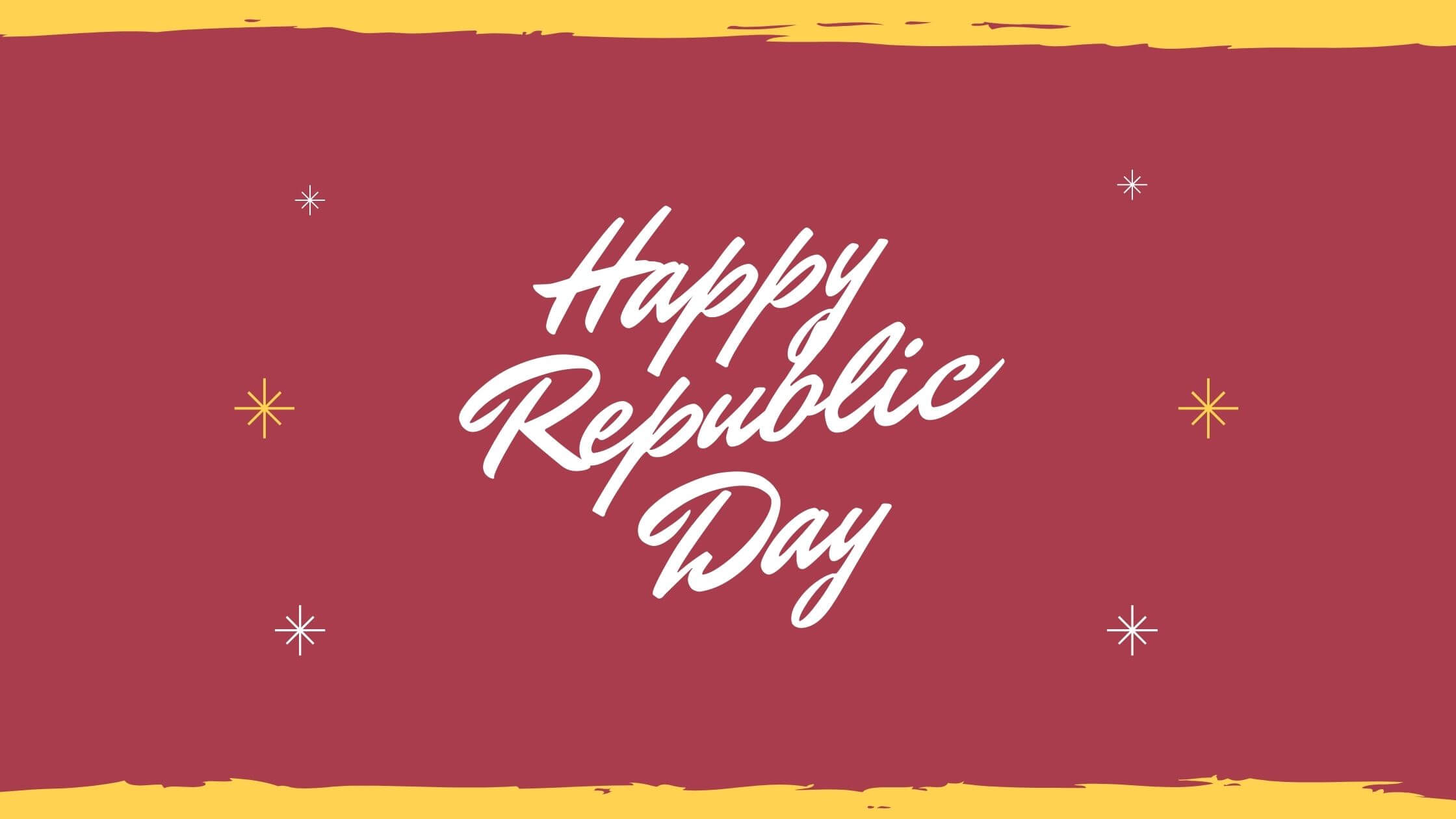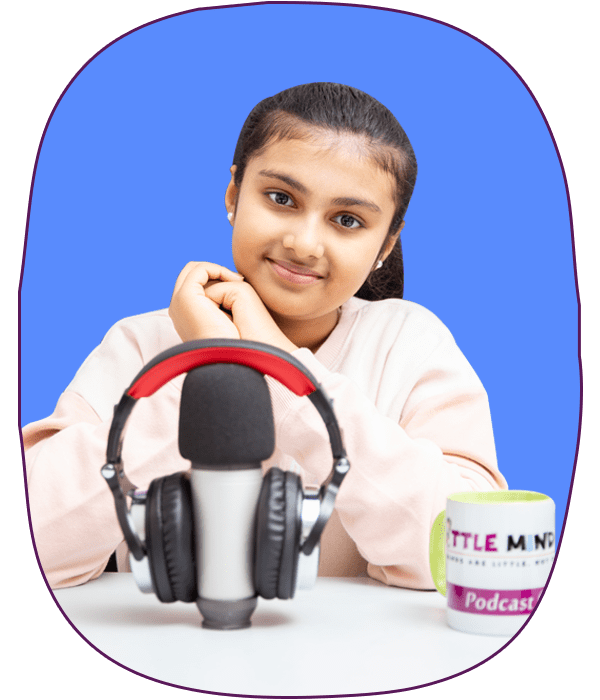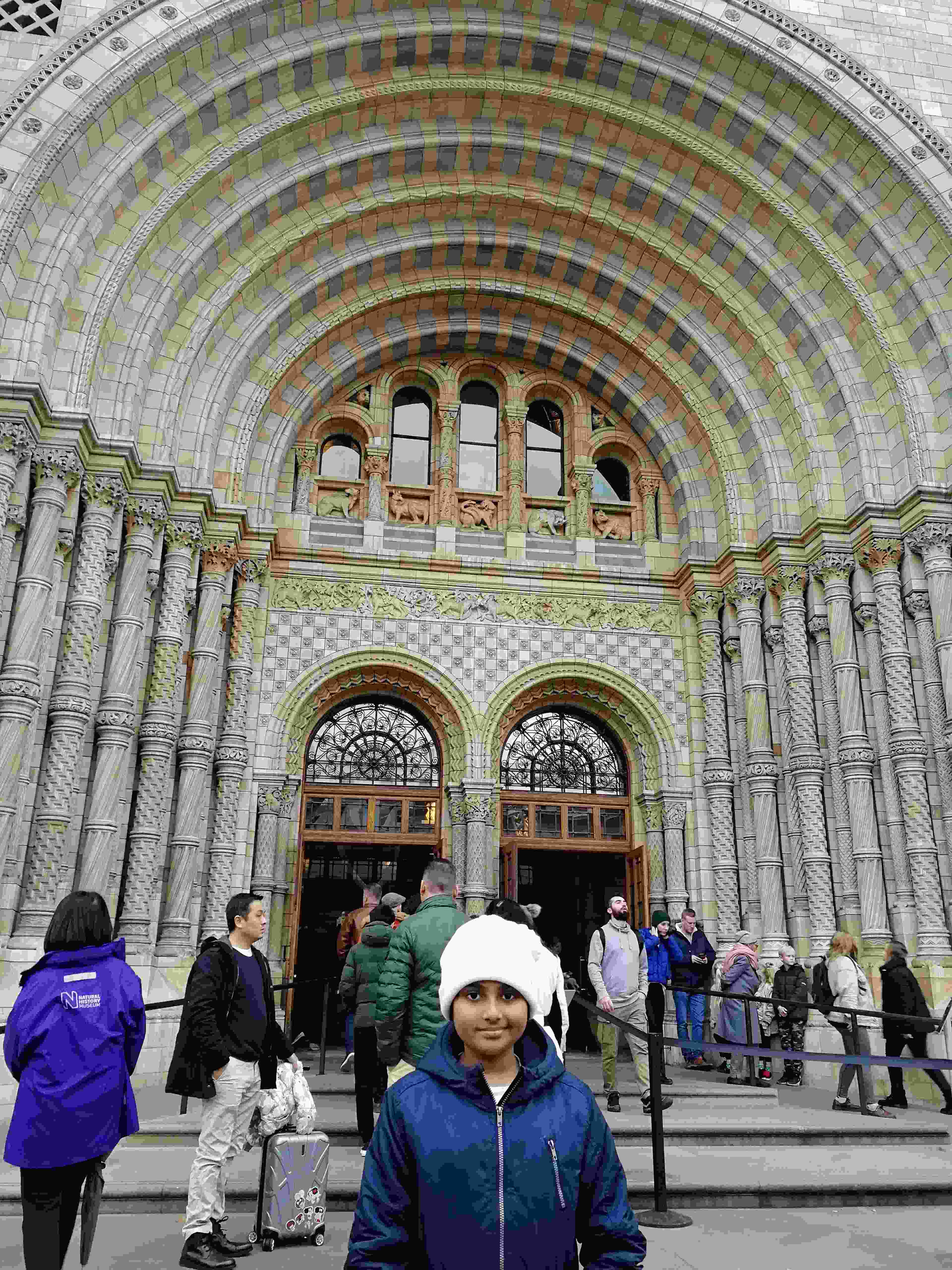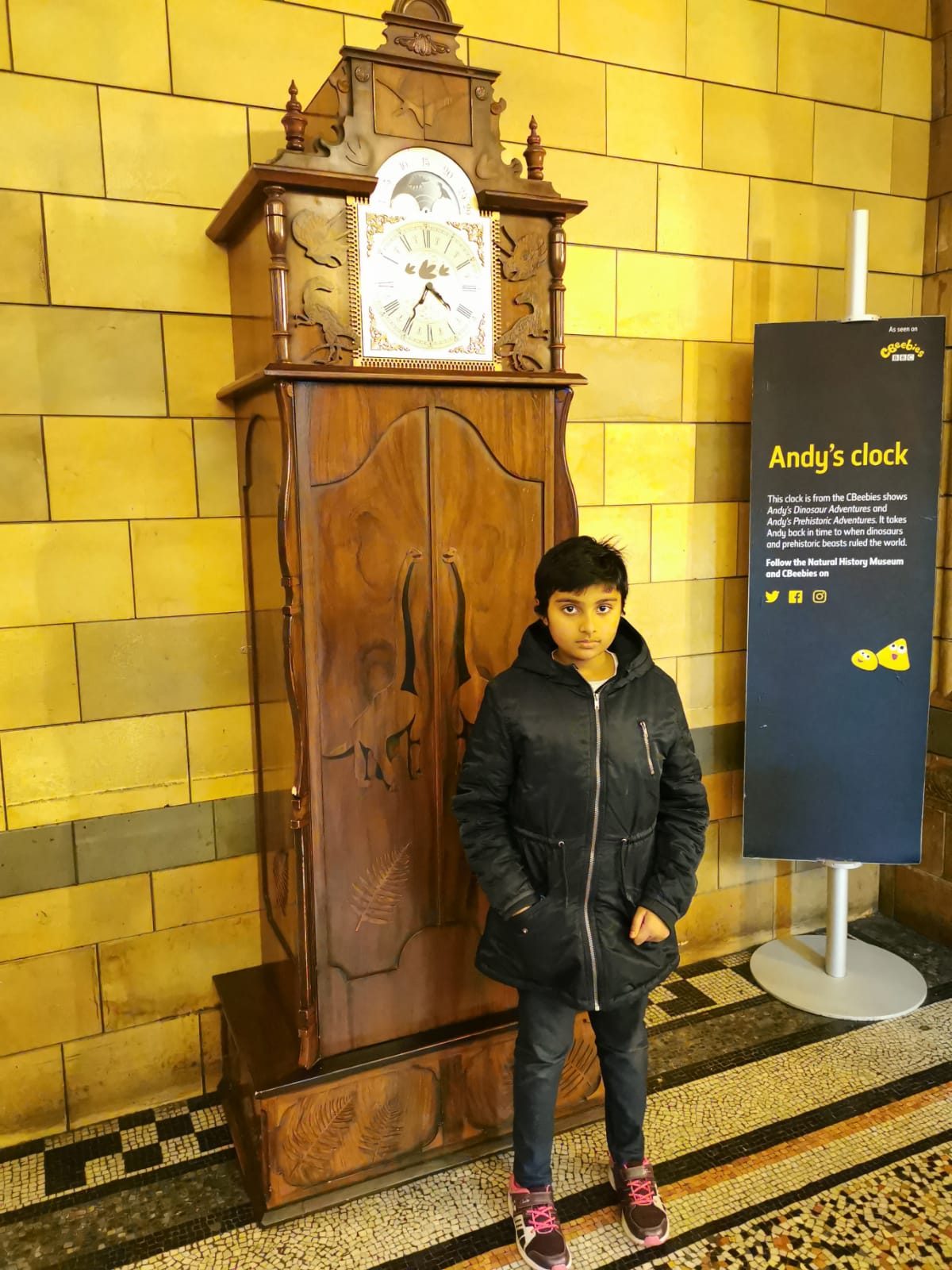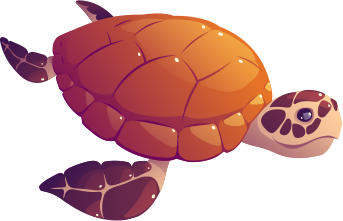049: Republic Day Special
Transcripts
SEASON-3
EPISODE 049 REPUBLIC DAY SPECIAL
[0.01] {Background Music}
[0.07] Siyona: Hello Everyone. This is such a privilege for me today. Today is the Republic Day of India and I feel lucky to be able to even speak about a very important topic that governs every aspect of our life as a citizen. It’s the constitution. Welcome to my podcast, Little Mind Chats. Minds are little, not our thoughts.
[0.34] Like I said, we will be talking about Constitution. And so, we will be talking to an expert in this very subject. P. Puneet, is an Associate Professor of Law in the Centre for the Study of Law and Governance, Jawaharlal Nehru University, New Delhi. He has done his B.A.L – LLB, LLM and PhD from Bangalore University, Bangalore, Karnataka.
[1.06] Hello Puneet sir, thank you so much for agreeing to be on my show at such a short notice. Welcome!
[1.15] Mr. Puneet: Thankyou Siyona, pleasure is mine. I feel really honoured to be on your show.
[1.23] Siyona: Thank you and you’re welcome. Well, I’d like to start this conversation with an obvious question of, “why Republic day is associated with the constitution?”
[1.36] Mr. Puneet: Thankyou for the question. Before responding to your question, wish you all a very happy Republic Day. As you know, the Republic Day is celebrated in India on January 26th.
[1.50] Siyona: Hhmm.
[1.51] Mr. Puneet: It is on this day in 1950, that the constitution of India was brought into force. The process of drafting the constitution was completed two months earlier. In fact, on 26th of November 1949. The framers of the Indian constitution have taken almost 2years and 11 months and 17days to draft the constitution. After completing the process, it was adopted on 26th of November 1949. November 26th was earlier celebrated in India as a Law Day. And since 2015, it is also being celebrated as a Constitution Day. The celebration of the Constitution Day marks the adoption of the constitution of India. And the Republic Day is celebrated to mark the bringing into force the constitution of India. It was on the 26th of January 1950, the constitution of India was operationalised. And 26th January was chosen as the date for bringing into effect the constitution because it was on this day in 1929 the declaration of “Poorna Swaraj”, “The Complete Independence” was made by the Indian national congress and supposed to the dominance offered by the British regime. So, both these days, the November 26th as well as January 26th are the historic days for us, but the Republic Day is celebrated with great forward and ritualistically in India. It marks the beginning of our constitution.
[3.37] Siyona: I see. That’s something I really did not know. But “what is “Poorna Swaraj” exactly?”
[3.44] Mr. Puneet: Poorna Swaraj is Complete Independence from the British India that the British have offered a Dominion status for India to continue as the dominion of the British Empire. But Indians have in fact during the Independence whom and that’s what I said whom in 1929 they rejected this offer by the British India and they wanted a completed Independence from the Britishers. That is what they meant by Poorna Swaraj.
[4.12] Siyona: Oh, I see. Well, “What exactly is the constitution? Why is it so important for a Nation?”
[4.22] Mr. Puneet: Yeah. In fact, that is very important question. To simply put it, the constitution is the law that governs those who govern us. It is the fundamental document of governance. What kind of a governance structure would be put in place, what kind of institution are to be created for the purpose of purpose of governing the country and what powers would be conferred on those institutions. Powers of the institutions that are established for the governance of the country. All these basic and essential aspects related to governing a country are dealt with in the constitution. So, if you look at constitution basically contains the basic principles of governance, the structure and process of government. What kind of government should be established, should it be like a presidential form of government like in the case of US or a parliamentary form of government like in the case of UK. So, this is what is the basic aspects relating to the governance of the country and that is dealt within the constitution. And the constitution also says, of number of institutions that are established for the governance of the country, which institutions would have what power, what should be the limitation on those powers and most importantly as per as the citizens are concerned, the constitution guarantees what are called fundamental rights. And the fundamental rights which is guaranteed to every citizen limits the power of the government they cannot unilaterally change the rights that I guaranteed in the constitution, and that is the reason why it is said the constitution cannot be used by the government to control the people as such. Essentially speaking, it is an instrument for the people to restrain the government. Limits the power of the government by conferring the rights on the citizen. That the government whether it exercises the legislative power or it exercises the executive power, must do so in conformity with the constitution. They cannot take any measure, they cannot enact any law, they cannot take any executive action which are violate any of the propositions of the constitution. So, in a legal system the constitution has a distinct legal sanctity and that is the reason why it is said that the constitution is DE supreme law of the land. Of all the laws that exist in the country must be in accordance with the constitution, it cannot violate the provision of the constitution provision. You know if you imagine a pyramid, the constitution sits at the top of this pyramid. Whereas, every law that are enacted by the parliament, say for example in India or the state legislature, every rules and regulations made by any of the executive authorities, or any of the actions taken by any of the government machineries, should be in accordance with the constitution. If any of those things are violative of the constitution, the principles or the rules that are envisaged in the constitution, they are to be declared as wide. They cannot be enforced. So, the constitution is the most important document in a legal system. If any of the laws and executive actions are violative of any of the propositions of the constitution, we also have the third major wing of the government. That is the judiciary and the judiciary actually, whenever somebody challenges it, any of the measures taken by the legislature or the executive as violative of the constitution, it is the independent judiciary which scrutinizes whether any action of the government is violative of the constitution provision or not. And if it is violative of the constitution, the judiciary has the power to strike down such provisions. And in a democratic country like ours, democratically elected governments do not have the absolute power to do whatever they wish to do. This is important for us to know that the democratically elected governments do not have the absolute power to do whatever they wish to do. They will have to follow the constitutional mandate. That is why it is said Indian democracy is not an absolute or authoritarian democracy. It is a constitutional democracy like in the case of the United States of America as well. The constitution limits the power of democratically elected governments and safeguards the interest of the people. That is why the constitution is very important.
[9.17] Siyona: Oh! Ok. That just means that the government and our leaders lead us and the constitution is above them. It’s Like the BIGGEST text book!
[9.30] Mr. Puneet: Yes. Yes, it is the biggest text book and the governments including the parliament must follow what is prescribed in that text book.
[9.43] Siyona: Yeah. Like a set of rules over here we have for a school. Yeah, “but I don’t know if this is actually in the constitution or if it’s in the law or whatever. But why do they do a parade in Delhi?”
[9.56] Mr. Puneet: It is of course not in the constitution. The constitution does not even say that the republic day must be celebrated. That is a practice that we have started since the beginning. The celebration of a republic day to mark the beginning of the constitution. And parade is one of the salient components of the Republic day celebrations in New Delhi since the beginning. It is indeed a very spectacular event. The parade basically showcases- Number one India’s defence capabilities. If you have seen the parade in the past through TV or otherwise at an opportunity to see it, you may have seen that all the equipment’s that our armed forces used are displayed, most particularly the finest ones, it demonstrates to the world what India’s defence capabilities are. And that is not the only thing that is during the parade, it also showcases the unity in diversity, it showcases cultural and social heritage and also advancements we have made in various fields. Different regiments of the Army, Navy and Airforce also march during the parade. The President of India, who is the Supreme commander in chief of the three Indian Armed Forces, all the three forces take the salute from the three defence forces. In videos if you have seen that before, it is a three-day event. It ends with an event called ‘beating the retreat’. On January 29th, every year it is celebrated three days after the… third day of the Republic Day event, 26th is the parade where you witness and 29th you see an event called beating the retreat, it is performed by the bands of the three wings of the military, Indian Army, Navy and Air Force. The bands perform in front of the Rashtrapathi Bhavan and the Republic Day celebration ends with the ending of the event called beating the retreat. So, these are the celebrations that are associated with the Republic Day and as I said before, it is not the constitutional mandate. Constitution doesn’t say anywhere that it should be celebrated, but this is how the celebrations are held to mark the beginning of our constitution and it also serves the various of the purposes of displaying our military capabilities to the rest of the world and of celebrating our unity and diversity and our culture, our heritage, and the advancements that we have made in various field including the space, science and all that. Everything will be displayed as tableaus in the processions that are held.
[12.44] Siyona: Wow. That is surely a very proud display in deed and an inspiration for us. But, “why do some people get awards? And what kind of things do they do to actually get an award?”
[13.03] Mr. Puneet: On the eve of the Republic, the President of India distributes what are called Padma awards for the Civilians and these awards are the highest civilian awards in India after Bharatha Ratna. If you look at there are like four important awards that are granted apart from the military awards or hours that are granted. I’m talking about the awards that are given to the Civilians. ‘Bharatha Ratna’ is the highest civilian award that is given to any one for their contribution. Apart from Bharatha Ratna there are three other awards. They are all called Padma awards. They are also of different categories, the second highest civilian award after Bharatha Ratna is called ‘Padma Vibhushan’. That is generally granted for exceptional and distinguished services. And after Padma Vibhushan we have an award that is known as ‘Padma Bhushan’, that is also given for the distinguished service of the highest order, that is the third highest civilian award. And the fourth highest civilian award that is given during the Republic Day, or on the eve of Republic day is ‘Padmashree’. That is also given for distinguished services. That is the, as I said the fourth highest civilian award. These are the four important awards that are given on the eve of the Republic to honour those who have rendered distinguished services for the country.
[14.37] Siyona: Oh. Now that’s something I never knew. And well that’s some good deeds from the people who actually get the award. I think they do deserve it.
[14.50] Mr. Puneet: Yes. It is also processed. The selection is made by a committee who would verify the credentials of those whose names are considered and then the awards are announced. And it would be a proud moment for any Indian to get any of those awards.
[15.06] Siyona: Yes. I would bet it would be a very proud moment for such people. And I do hope some of my listeners get motivated and try their best to win an award that, like highlights them in their country.
[15.26] Mr. Puneet: Yes. Absolutely true. And they can aspire to be the youngest recipients of the Padma award as well.
[15.33] Siyona: But I do hope some do get inspired.
[15.36] Mr. Puneet: Some of the Indians who have been serving abroad, but brought a very good name for the country have also been given Padma awards. There are many, many examples like that.
[15.46] Siyona: Oh, that’s something that we all can do. Right? Well….
[15.52] Mr. Puneet: Yes.
[15.53] Siyona: “But why is Sardar Vallabhbhai Patel such an important figure when it comes to Republic India?”
[15.59] Mr. Puneet: Yeah. Well, that’s also very important question. Everyone knows about Sardar Vallabhbhai Patel. He was our first Home Minister. He played a key role in India’s freedom movement. And he was also the part of the constitution making. He was one of the prominent members of the constituent assembly. Constituent assembly is a body that drafted the constitution of India. His greatest contribution was that he united 500+ princely stated to build the Republic of India.
[16.36] Siyona: Oh.
[16.37] Mr. Puneet: As many would know, India got Independence through an act of British parliament. British passed finally the India Independence act of 1947 that liberated Indian princely states when India got Independence. There was 500+ princely states that were there. Each of that were Independent in some way but subject to the paramountcy of the British.
[17.04] Siyona: Oh.
[17.05] Mr. Puneet: With the passing of the India Independence act of 1947, what was called British Paramountcy has actually lapsed. As a result of lapsing of the British Paramountcy, each of the princely states had become Independent. There was no legal requirement or any kind of requirement for them to be necessarily part of the union of India and it is Sardar Vallabhbhai Patel who played a key role in convincing them, bringing them on board and then uniting them together to build the republic of India what we know today and its contribution there is in fact really unparalleled. That is why Sardar Vallabhbhai Patel is in fact a very important figure in India’s Independence movement and in constitution making and also uniting India and establishing the Republic of India.
[18.06] Siyona: Well, he is definitely very inspiring and I convey my salute to this great man, who has huge statue as tall as 182 metres now in Gujarat. I wish I can visit that someday.
[18.26] Mr. Puneet: Yeah surely and the statue if you know, is called a statue of unity.
[18.32] Siyona: Oh.
[18.33] Mr. Puneet: That signifies its role in uniting India.
[18.38] Siyona: Oh, that’s something I should go with all my friends.
[18.43] Mr. Puneet: Yes so,
[18.46] Siyona: Well, Thanks a lot Puneet Sir, for coming on my show and explaining to us kids what the constitution is and what the importance of it is.
[18.59] Mr. Puneet: Thank you. Thank you Siyona. It was a great pleasure in fact and thank you very much for having me on your show. And wish you all the very best in all your future endeavours as well.
[19.11] Siyona: Thanks a lot.
[19.12] Mr. Puneet: Thank you.
[19.13] Siyona: So, did you learn anything new in today’s episode? I certainly did! All these years, Republic day just meant another holiday on my calendar. But I’m amazed that it’s a day our ancestors across the whole country proudly declared that India now has its own constitution. I wonder how that must have felt though!!
[19.44] Siyona: I really hope you enjoyed listening to this episode. Please do follow me on Instagram, Facebook, LinkedIn and twitter. As always, thanks a ton for listening. And do share it with your friends. Happy Republic Day and Vande mataram. Bye, Bye.
[20.02] {Closing Music}
Best podcast to listen to with your kids, podcasts, Best podcast on spotify
Other Interesting Episodes
05 Nov-19. by Siyona
Introduction
11 May-20. by Siyona
Back to School!!
No Comment Found..

